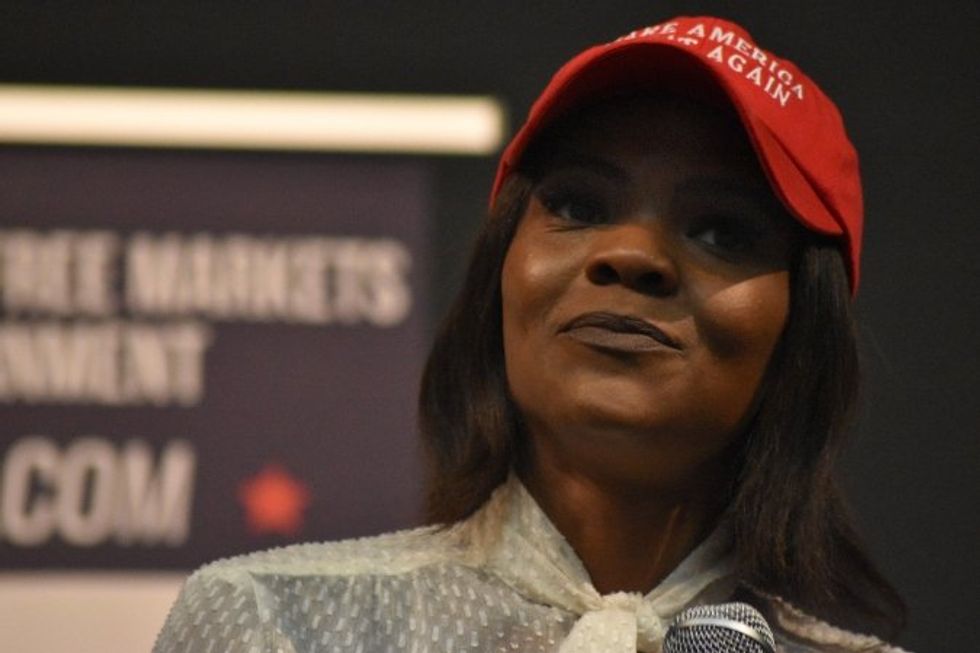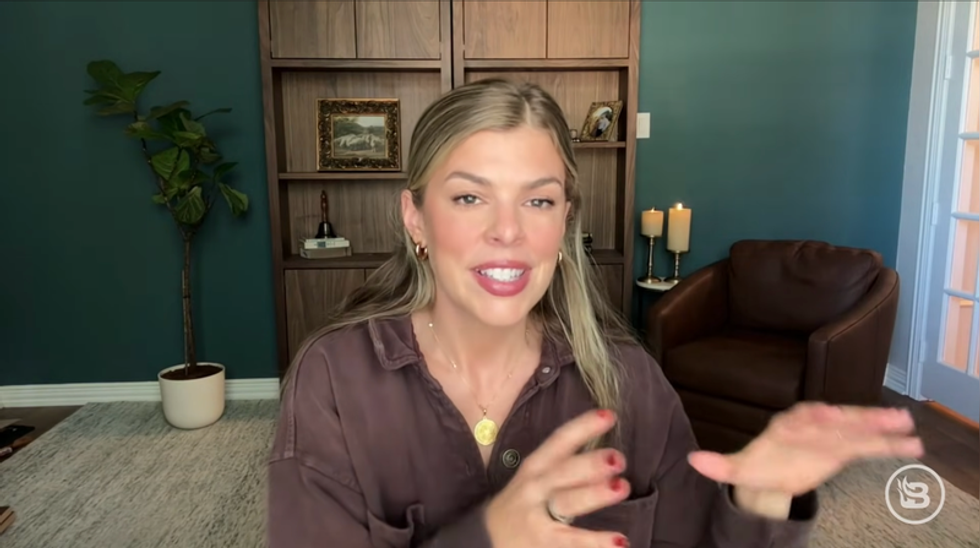“We should also note that even “lone gunmen, acting alone” have to get their ideas about whom to target from somewhere. They, too, have social networks, which likely traffic in in-group suggestions about who in the out-group are the worst of the worst. So we are now living in a political culture in which a potential would-be assassin can count on a social network for inspiration and an outpouring of public support after the fact. This is fertile ground for evil, perhaps because assassins always believe they are doing good. And we may be cultivating more and more of them.” Eras creep in and taper off without clear demarcation; only in retrospect can we classify a single event as the beginning of one or the end of another. With the two assassination attempts on Donald Trump as well as the successful hits on United Healthcare CEO Brian Thompson and conservative activist Charlie Kirk, we must now ask whether a new era of assassinations is upon us, an era comparable to the one that gripped the country between 1963 and the early 1980s. The assassination of JFK in November 1963 shocked America to its core. The America of 1963 did not need a “visual” to be shocked; it would be nearly 12 years before the public got a chance to see the “Zapruder film,” the grainy, black-and-white home movie of Kennedy’s last moments as his motorcade passed the Texas School Book Depository in Dallas and an assassin’s bullet tore through his skull. The mere notion that anyone might kill the president of the United States was itself borderline unthinkable-in a way, perhaps, even for those charged with the safety of the president. Riding in the back of a limo open to the air was as normal for presidents and politicians in its day as it has been unthinkable ever since. That kind of weird innocence persisted in the immediate wake of the assassination. The authorities quickly located the assassin and arrested Lee Harvey Oswald. They could not imagine that the open way they disclosed plans about Oswald’s movements in custody would provide an opportunity to a man with a gun and murderous intent to get so close. Photographers were on hand to capture Jack Ruby firing a single shot at close range. The best-known image of Lee Harvey Oswald is the one in which he is already dying-a split second after being hit, a stunned expression on his face and his mouth slightly agape. With a president and his assassin both dead, the conclusion of investigative commissions that Oswald was “a lone gunman acting alone” instantly had to vie with numerous other scenarios that emerged from elaborate chains of speculation. And does, to this day. We are used to writing off such speculation by invoking the term “conspiracy theory,” which is a way of dismissing those who challenge widely accepted accounts of the supposed facts of a situation. But throughout history, assassinations have more often than not been conspiracies. While some American killers-like “disappointed office seeker Charles Guiteau,” who shot President James Garfield because he didn’t get a patronage job-did the job themselves, John Wilkes Booth was not “acting alone” when he assassinated Lincoln, just as Brutus was the leader of a conspiracy to murder Julius Caesar.

